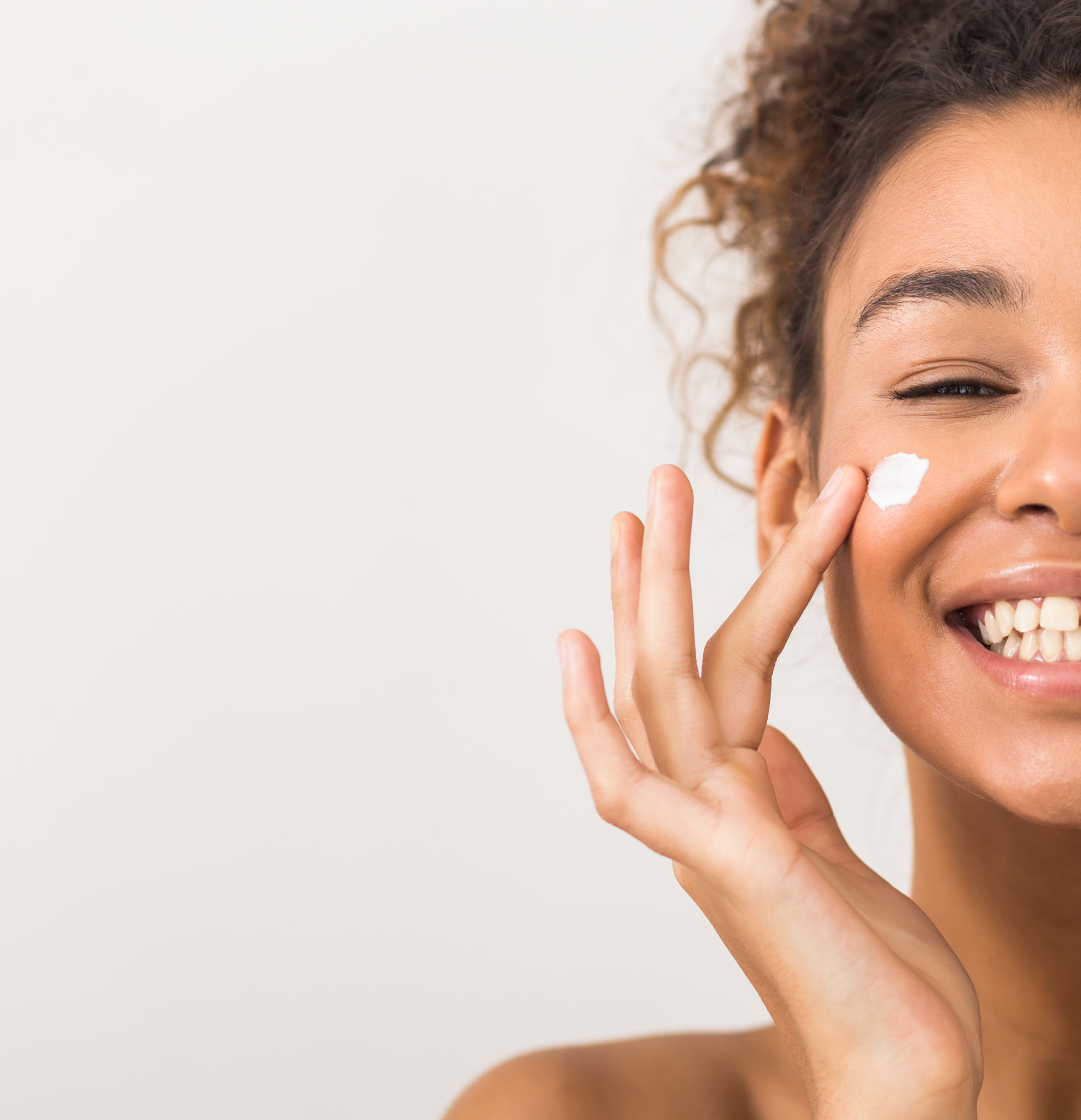How Caregivers Can Support Ethnic Hair and Skin Care for Foster Youth
Understanding the Importance of Ethnic Hair and Skin Care
Caring for foster youth involves more than just meeting their basic needs; it also includes understanding and supporting their cultural identity. For many children, ethnic hair and skin care are significant parts of their cultural heritage. Ignoring these needs can lead to feelings of neglect and a loss of connection with their roots. It's important for caregivers to educate themselves and provide the appropriate care for ethnic hair and skin.
Ethnic hair is unique and requires specialized care to maintain health and beauty. Similarly, ethnic skin may have different needs due to varying levels of melanin and oil production. By focusing on these aspects, caregivers can foster a sense of belonging and pride in foster youth.

Essential Hair Care Tips
Choosing the Right Products
Selecting the right hair care products is crucial for maintaining the health of ethnic hair. Look for products specifically designed for curly, coily, or kinky hair types. These products often contain moisturizing ingredients like shea butter, coconut oil, or argan oil, which help to prevent dryness and breakage.
Establishing a Routine
Consistency is key in hair care. Establishing a regular routine that includes washing, conditioning, and styling can help keep ethnic hair healthy and manageable. It's essential to use a gentle shampoo and a deep conditioner to maintain moisture levels. Encourage the use of protective styles like braids or twists to minimize damage.

Skin Care Considerations
Understanding Skin Needs
Ethnic skin can be more prone to certain conditions like hyperpigmentation or acne. Caregivers should focus on providing products that cater to these specific needs. Using sunscreen is vital to protect against UV damage, even in darker skin tones. Moisturizers with natural oils can help maintain a healthy skin barrier.
Addressing Common Concerns
Common skin concerns among ethnic youth may include dryness or eczema. It's important to use gentle, fragrance-free products to avoid irritation. Encourage hydration from within by promoting a healthy diet and regular water intake.

Building Confidence Through Care
Providing adequate hair and skin care goes a long way in boosting self-esteem among foster youth. When children feel good about their appearance, it positively impacts their overall well-being. By investing time in learning about and implementing proper care techniques, caregivers can help foster youth embrace their unique beauty.
Cultural education is an ongoing process, and seeking guidance from professionals or community resources can be beneficial. Engaging with local salons that specialize in ethnic hair care or consulting dermatologists familiar with ethnic skin concerns can provide valuable insight.
Creating a Supportive Environment
Beyond the physical aspects of hair and skin care, creating an environment where foster youth feel supported in exploring and embracing their cultural identity is vital. Encouraging open discussions about their heritage and providing access to resources that celebrate their culture can enhance their sense of belonging.
Ultimately, by understanding and addressing the unique needs of ethnic hair and skin care, caregivers play an essential role in nurturing both the physical health and cultural identity of foster youth.
